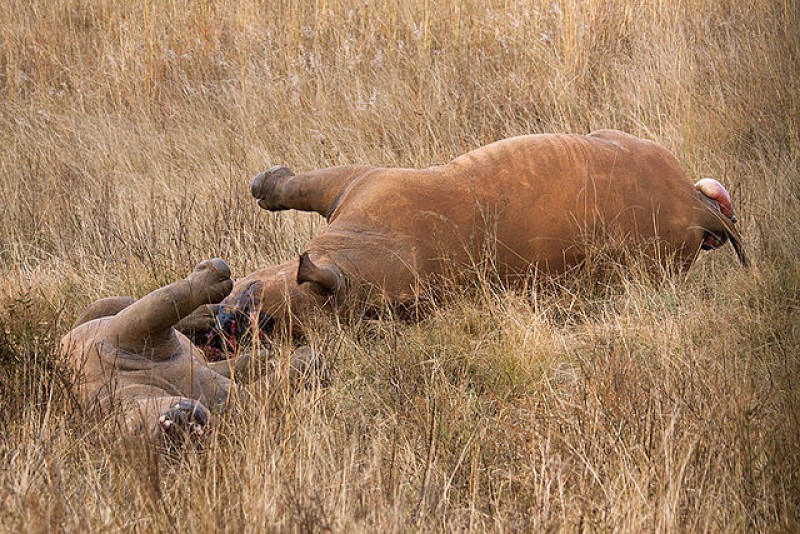Odis Maluleke, 47, was rearrested on Saturday in Kabokweni thanks to whistleblowers, as stated by the South African Police Service on Tuesday.
Maluleke was initially arrested in 2015, along with three accomplices, while attempting to enter Kruger National Park through the Skukuza Kruger Gate. A search of their vehicle uncovered a hunting rifle, 12 live rounds of ammunition, and an ax.
The four individuals were arrested and appropriately charged. Maluleke was granted bail of approximately US$1,000 in local currency. However, while his accomplices attended court, Maluleke failed to appear, resulting in a warrant being issued for his arrest.
He was arrested again in 2019, once more for poaching, this time with three new accomplices. During the arrest, the suspects were found in possession of two rhino horns, a hunting rifle, five live rounds of ammunition, and a knife.
Maluleke's accomplices were each granted bail of R3,000 ($158), while Maluleke's bail was set at R30,000 ($1,588). Nevertheless, he absconded once again, leading to another arrest warrant.
Following his arrest on May 6, Maluleke appeared in court on Monday at the Mhala Regional Court, but his case was postponed to May 18 for further investigation. He will remain in custody until then.
Meanwhile, the cases against the other suspects who were arrested with Maluleke are still ongoing in court, except for a 50-year-old male suspect who passed away on January 25, 2021.
According to the International Rhino Foundation, the Kruger National Park, a world-famous conservation area in South Africa, not only shares borders with Mozambique but is also surrounded by impoverished and densely inhabited communities.
These vulnerable locals are often exploited by international criminal organizations to carry out illicit activities aimed at sustaining the black market trade of rhino horns.
As stated by the International Rhino Foundation, although "the number of rhinos poached for their horns in South Africa decreased slightly in 2022, the figures are still higher than the previous year when COVID-19 restrictions in South Africa led to a decline in poaching."


